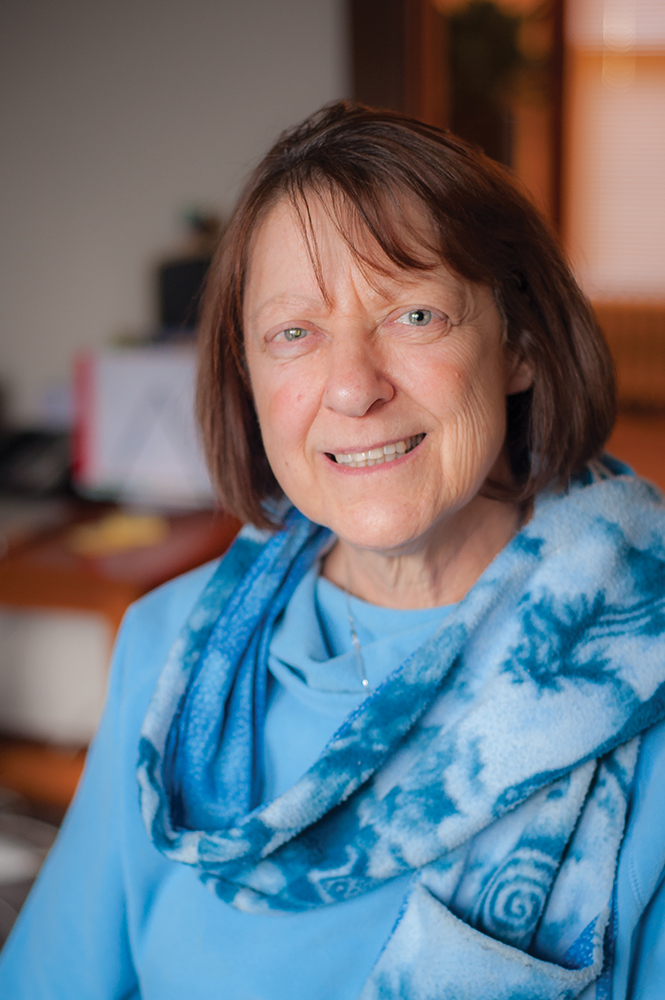
BY PETER DORFMAN
Exhausted migrants from the Northern Triangle of Central America, many of them running for their lives from political violence and lawlessness in their home countries, face a hostile official reception at the U.S. border. A few will ultimately be allowed to apply for asylum. Diane Legomsky, executive director of the Bloomington Refugee Support Network (BRSN), hopes some of those who do will find their way to southern Indiana, where they can expect practical and moral support.
Established in 2016, the BRSN provides counseling, legal and health care referrals, and other services to asylum seekers and other immigrants living in Monroe County. The network helps immigrants obtain free or inexpensive specialist legal counsel (usually essential to the success of an asylum application), find apartments, find work, and obtain basic household necessities.
In the spring of 2018, BRSN transitioned from a loose network of volunteers to a 501(c)(3) nonprofit entity, increasing its capacity for fundraising. “We currently serve about 35 households, mostly from Latin America, Arabic-speaking countries, and Africa,” says Legomsky.
The network’s original mission was to help settle refugees in Bloomington during the global refugee crisis, which had grown out of civil wars in Syria and Central Africa, gang violence in Central America, and political crisis in Venezuela. When the Trump administration’s anti-immigrant policies choked off an expected influx of refugees in 2017, BRSN turned its attention to the problems faced by asylum-seekers, a number of whom were already in Monroe County.
Asylum applicants are in the U.S. legally pending their official hearings, for which they often must wait years. But their circumstances are tenuous. Many fear reprisals against their families in their home countries. They need mentoring and guidance. And they cannot work legally until they get work authorization, which takes two to six months, so they need financial help.
In addition to providing legal help, BRSN has a volunteer network of interpreters and drivers who can help immigrants keep official appointments, shop, and visit doctors. It has 15 trained coordinators who help families obtain these resources. And BRSN partners with about 80 nonprofit organizations, faith organizations, city government offices, and university offices.
To learn more or to help, visit bloomingtonrefugees.org.


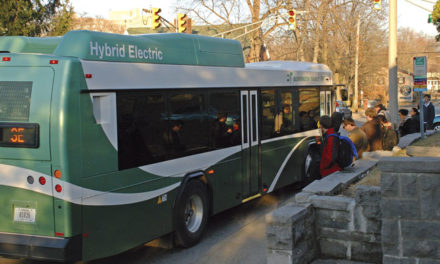
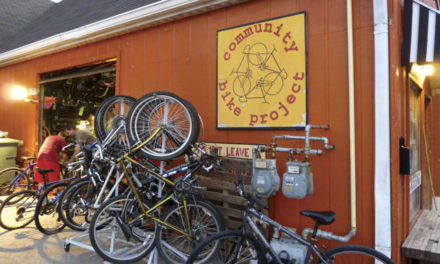
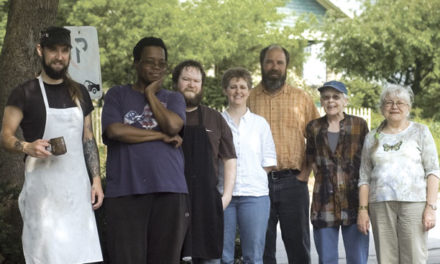
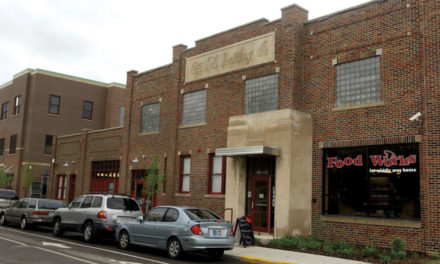







Interested in helping